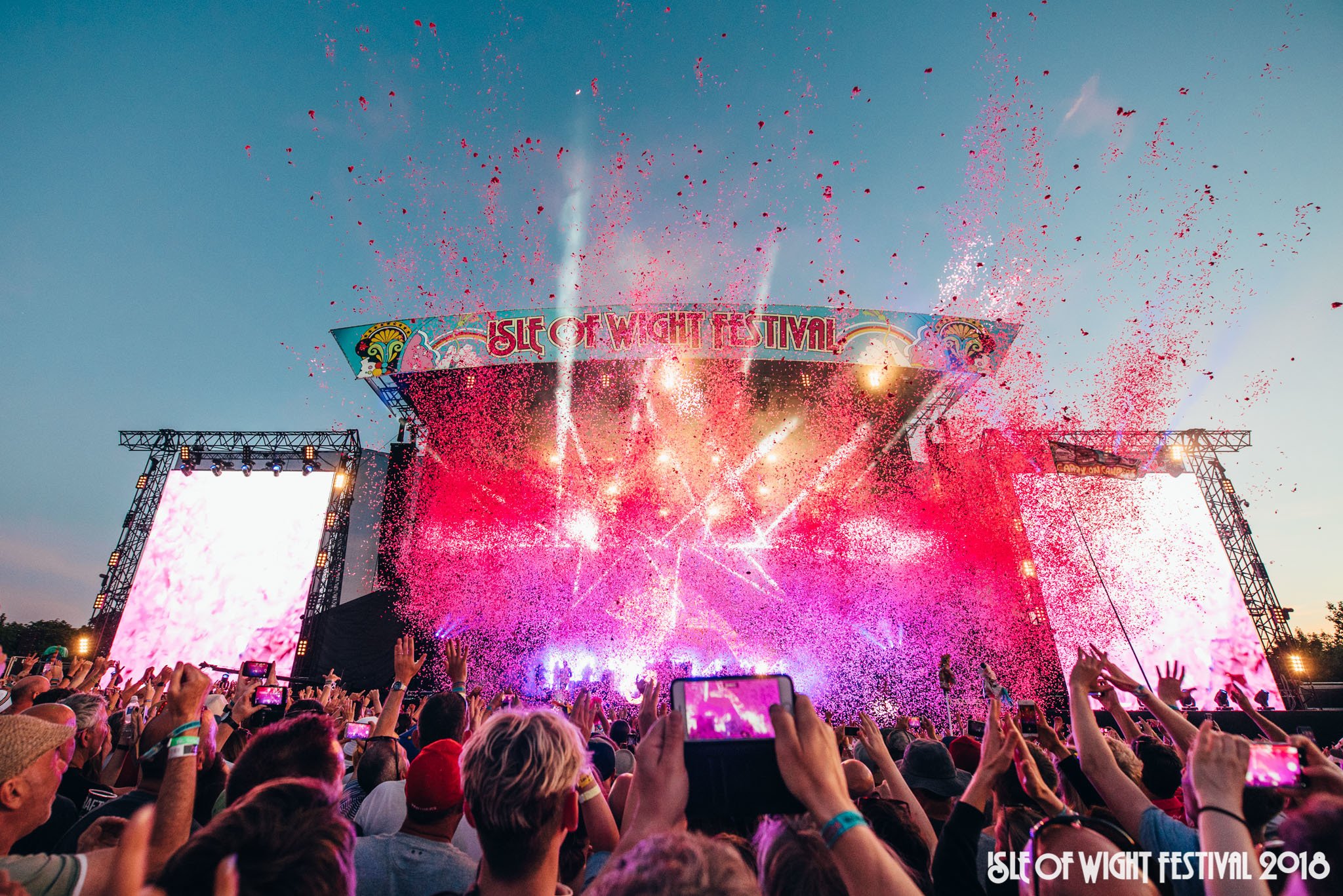Is there a more invigorating experience than standing amidst a throng of fellow music lovers, the air alive with the pulse of instruments and the collective energy of thousands? Rock festivals, those multi-day celebrations of sound and shared passion, offer a unique space for connection and catharsis. In the United States, these events have become woven into the fabric of our cultural landscape, evolving from counterculture gatherings to mainstream spectacles.
The roots of rock festivals in the US can be traced back to the late 1960s, with events like Woodstock becoming symbolic of a generation's desire for peace, unity, and creative expression. These early festivals, often held in rural settings, were about more than just the music; they represented a challenge to societal norms and a celebration of alternative lifestyles.
While the socio-political climate that fueled those early festivals may have shifted, the allure of rock festivals remains strong. They offer an escape from the mundane, a chance to immerse oneself in a world of music and camaraderie. The modern rock festival landscape in the US is incredibly diverse, ranging from intimate gatherings focused on specific subgenres to massive, multi-stage extravaganzas that attract hundreds of thousands of attendees.
One of the most compelling aspects of rock festivals is their ability to create a sense of community. For a few days, strangers from all walks of life come together, united by their shared love of music. This shared experience fosters a sense of belonging and connection that can be difficult to find in everyday life. The energy of the crowd, the thrill of discovering new bands, and the collective euphoria of singing along to familiar anthems create lasting memories and forge bonds that extend beyond the festival grounds.
Beyond the communal experience, rock festivals provide a platform for artists to connect with fans on a deeper level. The energy exchange between performer and audience is amplified in the festival setting, creating an electric atmosphere that transcends the typical concert experience. For music lovers, festivals offer a chance to witness legendary acts and discover emerging artists, broadening their musical horizons and deepening their appreciation for the art form.
Advantages and Disadvantages of Rock Festivals in the US
| Advantages | Disadvantages |
|---|---|
| Immersive Musical Experience | Cost (tickets, travel, food, etc.) |
| Sense of Community | Potential for Crowds and Long Lines |
| Discovery of New Artists | Weather-Dependent Experience |
| Economic Benefits for Host Cities | Environmental Impact |
From the thunderous riffs of rock legends to the soulful melodies of indie darlings, rock festivals in the US offer an unparalleled experience for music lovers. These gatherings are more than just concerts; they are celebrations of sound, community, and the enduring power of live music. Whether you're a seasoned festival-goer or considering taking the plunge for the first time, embrace the opportunity to lose yourself in the music, connect with fellow fans, and create unforgettable memories.
Unlocking the mystique wings and things buffalo new york
Unveiling the mystery of air vacuums
Unlocking worlds the power of third grade reading
rock festivals in the us - Khao Tick On
rock festivals in the us - Khao Tick On
rock festivals in the us - Khao Tick On
rock festivals in the us - Khao Tick On
Houston Texas Concerts 2024 March - Khao Tick On
Concerts Near Me 2024 Dc 2024 - Khao Tick On
rock festivals in the us - Khao Tick On






